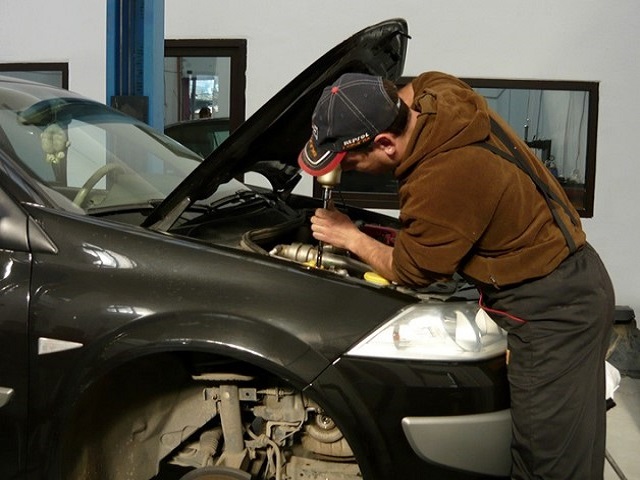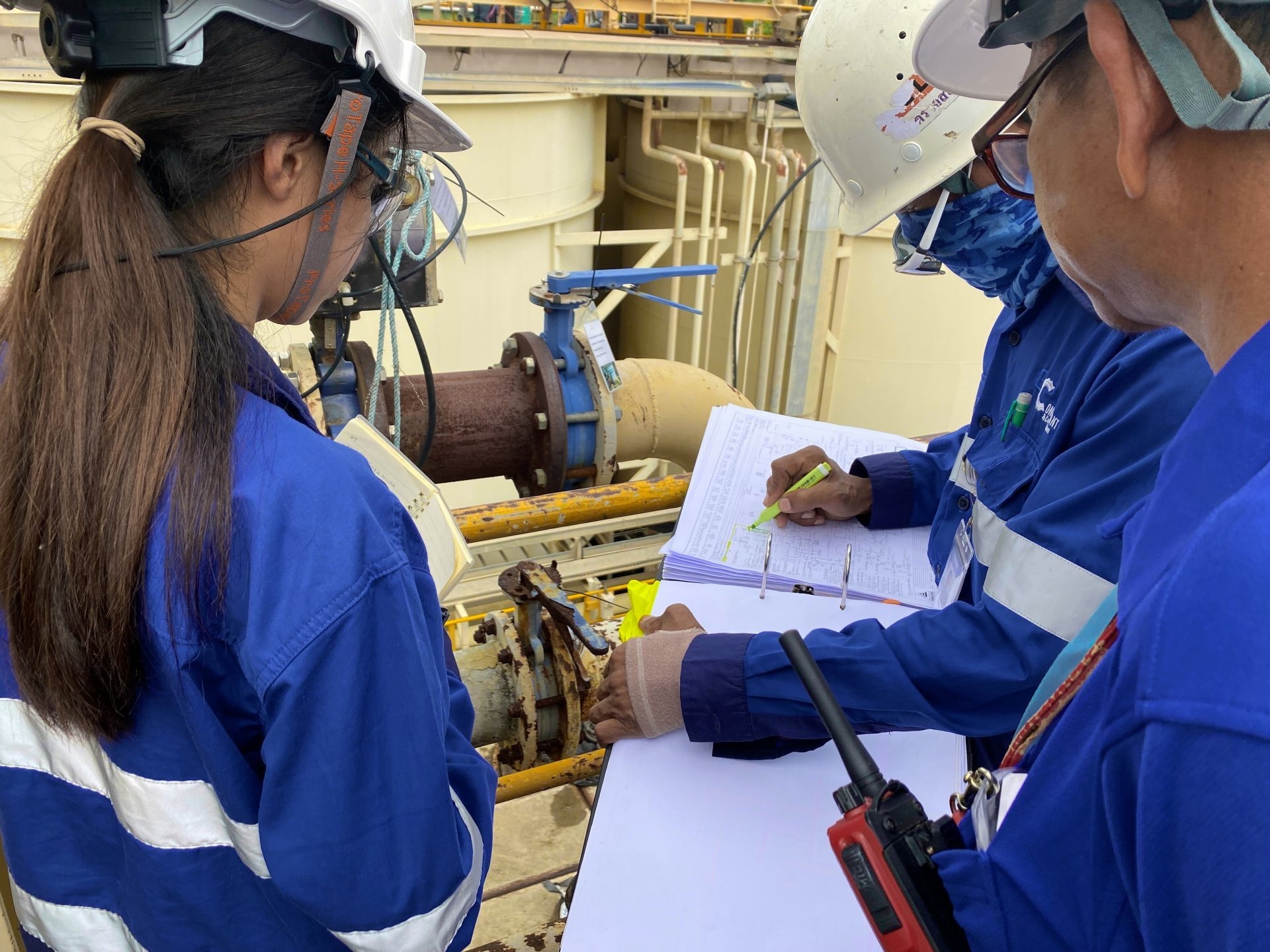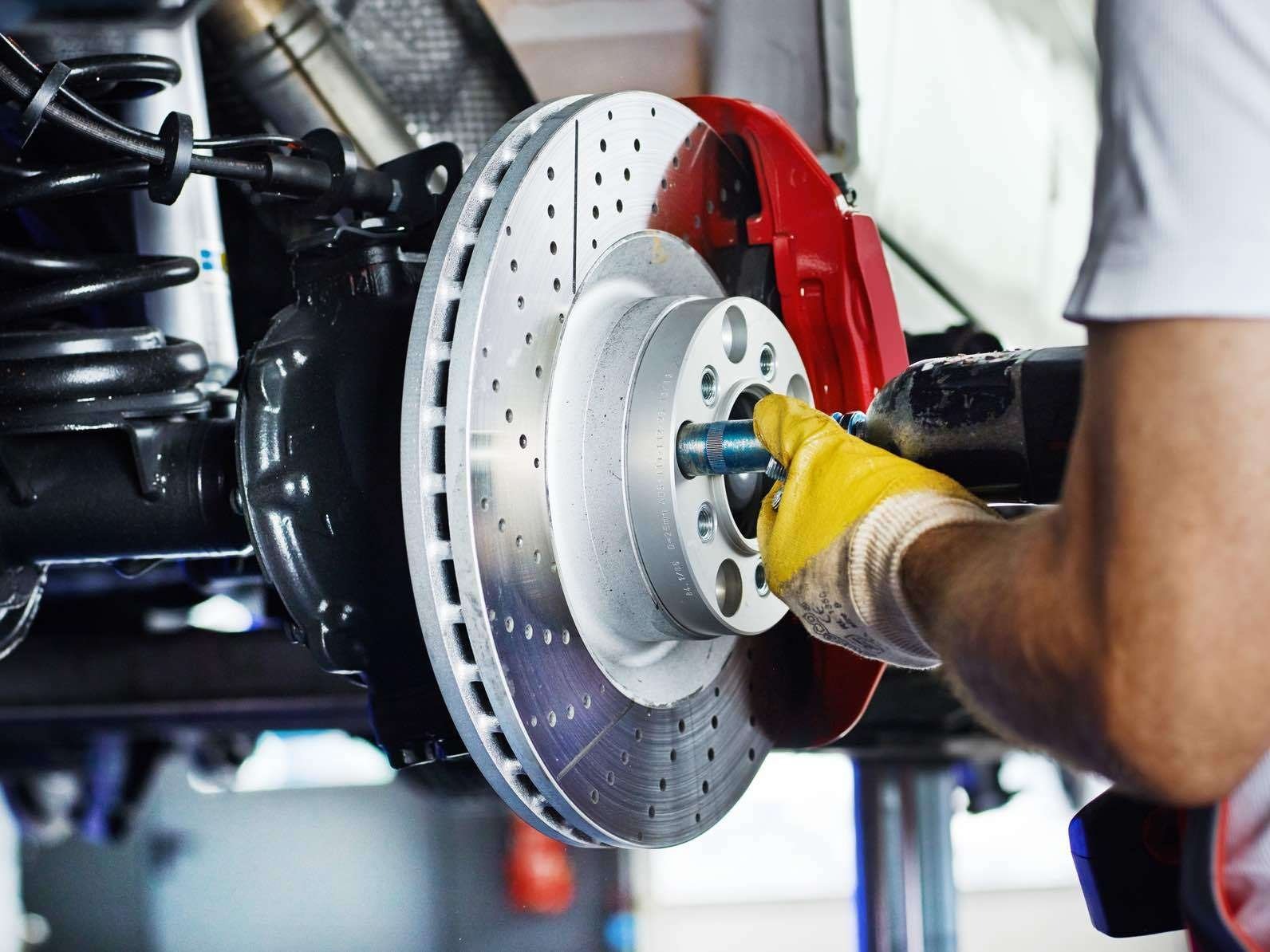

Romania Faces Skilled Mechanic Shortage: Demand for Manpower Surges in Automotive Sector
- trienkhaiweb
- 16 February, 2024
- 0 Comments
Romania, a rapidly developing Eastern European nation, is grappling with a critical shortage of skilled automotive mechanics. As its automotive industry expands, the demand for qualified manpower in vehicle maintenance and repair is skyrocketing. This skills gap presents a significant challenge to the sector’s growth and highlights the urgent need for labor importing strategies.
Why the Mechanic Manpower Shortage?
Several factors contribute to Romania’s lack of skilled mechanics:
- Emigration: Romania has experienced substantial emigration in recent years, with skilled workers seeking better wages and opportunities in other European countries. This brain drain has severely impacted the availability of experienced mechanics.
- Aging Workforce: The current generation of Romanian mechanics is aging, with many approaching retirement age. There hasn’t been a sufficient influx of young talent into the profession to replace them.
- Skills Mismatch: Educational and training programs may not fully align with the specific skills and expertise required by modern automotive technology. This mismatch leaves a gap between available workers and industry needs.

The Need for Labor Importing
Labor importing is a viable solution to address the immediate manpower shortage in Romania’s automotive sector. Here’s why:
- Accessing a Wider Talent Pool: Expanding the search for skilled mechanics beyond Romania’s borders opens up a vast global pool of experienced and qualified manpower.
- Filling Critical Skill Gaps: Labor importing allows Romania to target specific specializations and high-demand skills in short supply domestically.
- Stimulating the Local Labor Market: A temporary influx of imported mechanics can help train and upskill local workers, leading to the long-term development of a stronger Romanian workforce in the automotive sector.

Successful Labor Importing Strategies
To make labor importing a success, Romania should consider these practices:
- Streamlined Immigration Processes: Clear and efficient immigration regulations for skilled workers will incentivize qualified mechanics to choose Romania.
- Competitive Benefits Packages: Attractive salaries, social benefits, and relocation assistance will make Romania a desirable destination for international manpower.
- Integration and Support: Programs to ease transition and cultural integration for imported mechanics promote retention and a positive work environment.
- Long-Term Focus on Training: Romania needs to invest heavily in vocational training, apprenticeships, and educational programs to develop a sustainable pipeline of skilled mechanics domestically.

Call to Action
Romania’s automotive industry has immense potential, but its growth hinges on addressing the critical manpower shortage of skilled mechanics. Companies, government agencies, and educational institutions must collaborate to implement labor importing strategies and develop a robust domestic pipeline of automotive talent. The time to invest in Romania’s automotive manpower is now, ensuring the sector’s continued success.
Related articles
Employee Empowerment with Quinn Vietnam Manpower
In today’s dynamic business landscape, organizations are increasingly recognizing the importance of employee empowerment as a key driver of success. Quinn Vietnam Manpower, a leading provider of manpower solutions in Vietnam, understands that empowered employees are more engaged, productive, and committed to organizational goals. This article delves into the concept of employee empowerment, exploring its…
Quinn Vietnam Manpower’s 5 Steps to Successful Coaching in 2025
In today’s dynamic business environment, maximizing your manpower’s potential is crucial for success. Effective coaching programs are key to unlocking this potential, fostering employee growth, and driving organizational performance. Quinn Vietnam Manpower, a leading provider of manpower solutions, presents a comprehensive guide to successful coaching in 2025. Whether you’re leading coaching sessions yourself or partnering…
Functional Skills: A Guide for Quinn Vietnam Manpower’s Workforce in 2025
In today’s competitive job market, possessing strong functional skills is more critical than ever. For Quinn Vietnam Manpower, equipping our manpower resources with these essential skills is key to their success and the success of our partner businesses. This comprehensive guide explores the importance of functional skills, particularly in Math and English, and how Quinn…
Level Up Your Workforce: Gamification Strategies for Quinn Vietnam Manpower
In the competitive landscape of Vietnam’s manpower industry, attracting, engaging, and retaining top talent is more critical than ever. Quinn Vietnam Manpower recognizes the power of innovative solutions, and gamification is emerging as a game-changer in the realm of human resources. By integrating game mechanics and elements into various HR processes, Quinn Vietnam Manpower can…
3 Communication Skills Every Manager Needs to Thrive
In today’s rapidly evolving business landscape, effective communication skills are more critical than ever for managers. Whether you’re a seasoned leader or newly promoted, honing your communication abilities can significantly impact your team’s performance, morale, and overall success. This article delves into three essential communication skills every manager needs to master in 2025 and highlights…
Harnessing the Power of Insights with Quinn Vietnam Manpower
In the dynamic landscape of 2025, where businesses face unprecedented challenges and opportunities, the ability to gain profound insights is more critical than ever. For project management (PM) in Vietnam, this rings especially true. Quinn Vietnam Manpower, a leading provider of manpower solutions, recognizes the crucial role of insights in driving project effectiveness and organizational…







